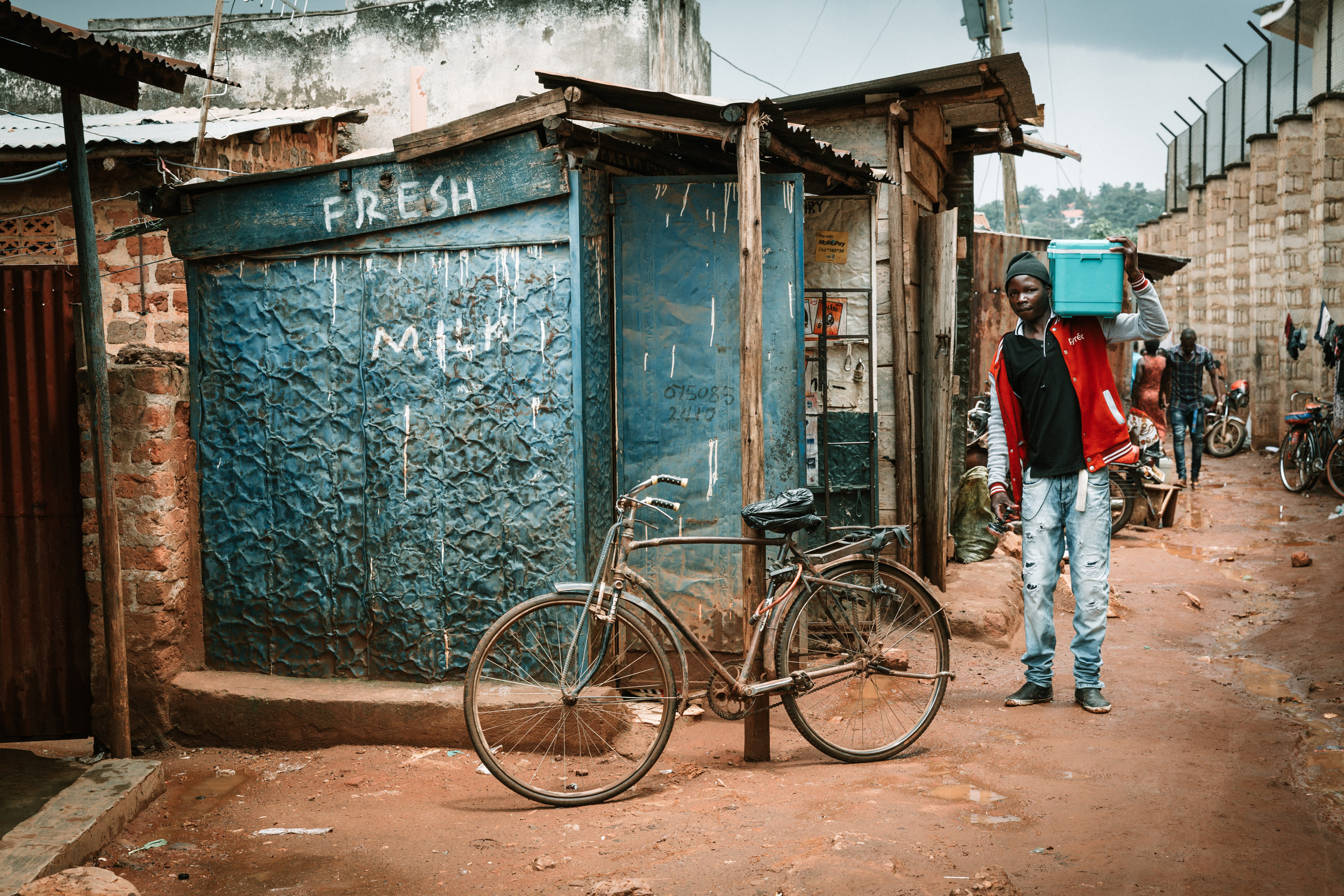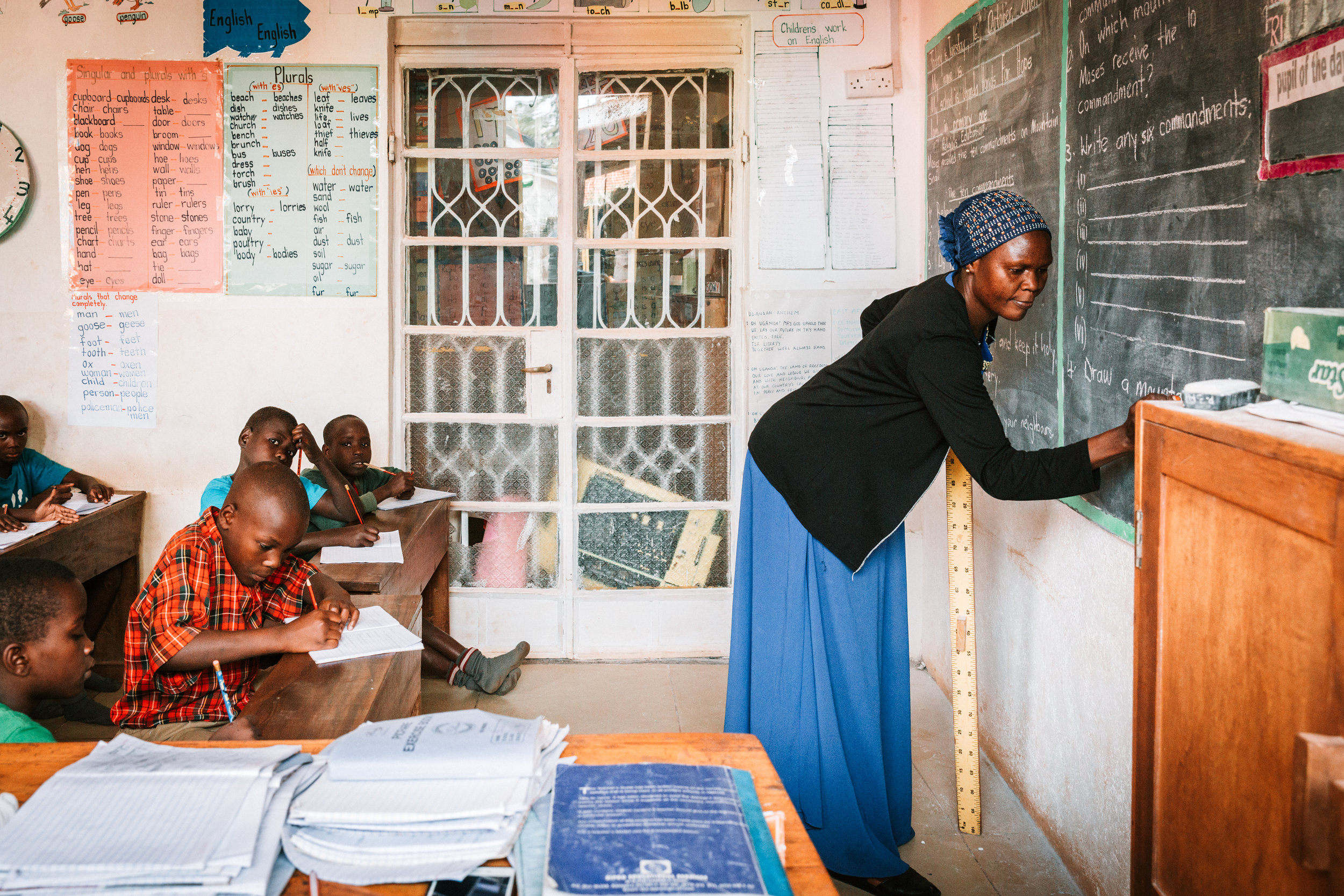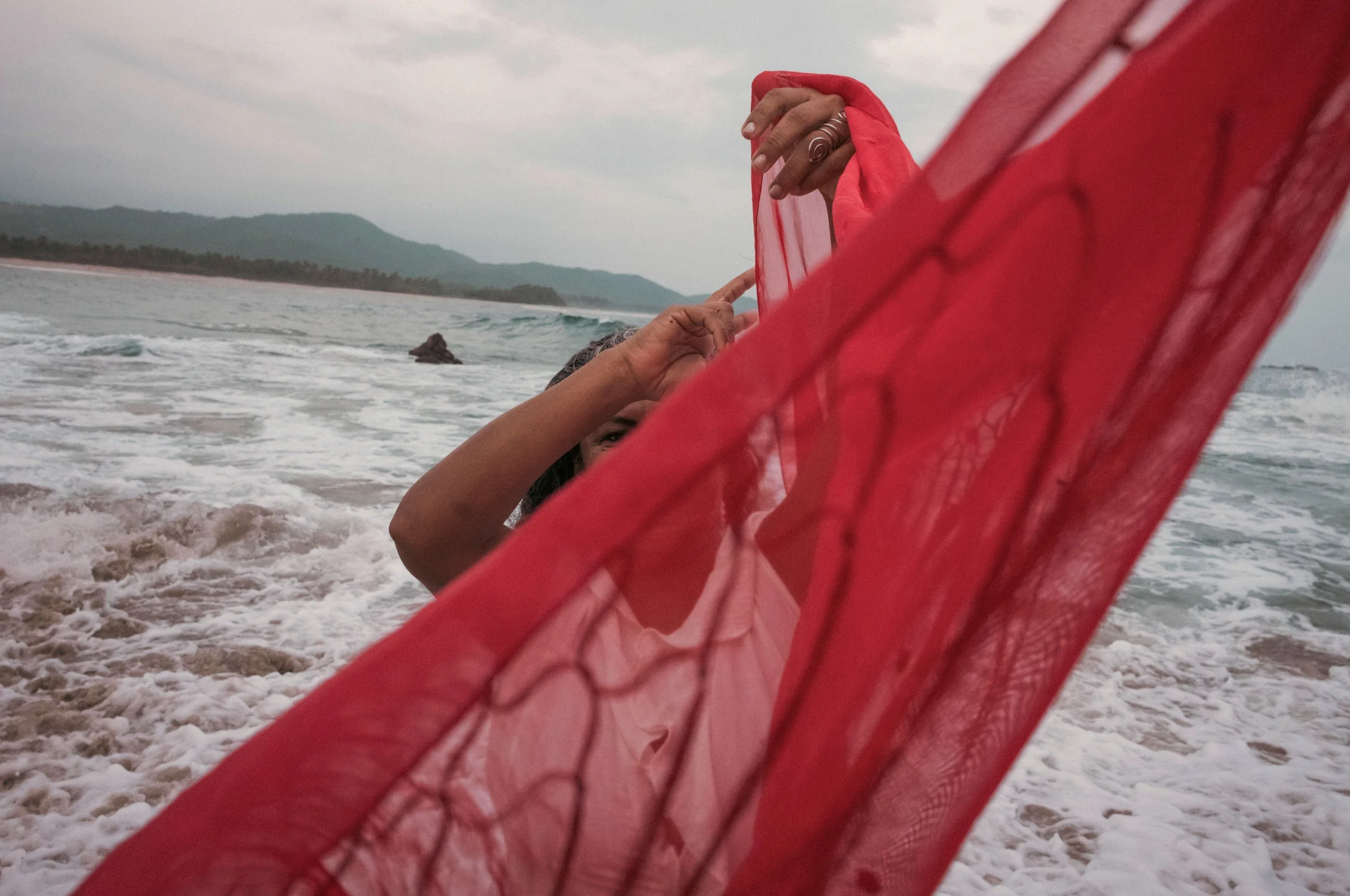Photo by Sandra Jasmin
Words and photos by Sandra Jasmin for Photographers Without Borders
Kampala, the capital of Uganda and the country's largest city, is experiencing a population boom. As people crowd into the city in search of work and better access to social services, the amount of waste produced as a result has also increased. It is estimated that per capita, one kilogram of garbage is produced every day. Multiplied by a population of approximately 1.5 million, this equates to roughly 1,500 tonnes.
According to the Kampala Capital City Authority (KCCA), the city can only manage to dispose of 40 to 50 percent of this waste. In response, the KCCA has introduced a private waste management service, contracting corporations to take care of the city’s rubbish. The costs are prohibitive to many of the city’s residents, who would have to pay anywhere from 8,000-30,000 UGX per month (about $2 - $8 USD) to have their garbage collected privately. For those living on a dollar a day or less, paying to have their garbage disposed of is just not an option.
Photos by Sandra Jasmin
In addition to the environmental impact of excessive waste, living conditions remain poor in many of Kampala’s informal urban settlements. Namuwongo, home to 30-40,000 people, is one of the city’s largest and poorest settlements where houses situated in lower lying areas are frequently flooded with water, rubbish, and human waste, causing damage and severe health risks.
These settlements often consist of refugees and migrants coming from DR Congo and South Sudan as well as rural areas of Uganda, many of them fleeing conflict or seeking better employment opportunities.
Zarika Adili is a single mother of four children; Rashida, Fadia, Mukile and Minala. She migrated from Sudan to Kampala 12 years ago and rents a small room in Kanyogoga, another settlement that borders Namuwongo. When it rains, sewage and garbage flow down from the communal dumping site nearby, becoming a breeding ground for mosquitoes and making the family susceptible to chronic ailments such as malaria, typhoid, cholera and measles.
Two of Zarika's children, Mukile (12 years) and Minala (9 years) babysitting the neighbour's children.
Photo by Sandra Jasmin
Zarika washes clothes in order to provide for her children. She works two or three days a week earning around 20,000 UGX ($5 USD). From this, Zarika buys food and saves for a week when she may not find any work. While she is away, the children are left at home and sometimes resort to searching for scraps in the communal dumping site which they collect and sell for food.
Uganda Hands for Hope (UHfH) is a local NGO working to improve the quality of life for the Namuwongo community by supporting the most vulnerable children and their families with access to education and healthcare.
“In the last 4 years, we have grown from just a nursery school to a full nursery and primary school and this year opened our first Primary 7 class, which is the last year of primary school in Uganda,” said Jake Anderson of UHfH. “By having our own primary school in-house, we are better able to focus on the standards and quality of education we are able to provide to the children supported by UHfH, as opposed to using other local primary schools.”
The costs involved in sending children to school in Uganda are prohibitive for the majority of settlement residents. UHfH helps children living in Namuwongo attend school, monitoring the attendance and retention level of each student to ensure that they attain good academic performance. They encourage strong community participation with school reports and regular meetings with parents as well as provide an environment that is safe and conducive to learning.
UHfH also provides access to basic medical care for children, which includes consultation and medicines for illnesses such as malaria, typhoid and bacterial infections.
Life expectancy for men and women in Uganda remains one of the lowest in the world at an average of 55. A major contributing factor to this is high infant and child mortality rates. Among children under five, who account for over half of hospital deaths, the most common causes of death are malaria, pneumonia, diarrhea, and malnutrition.
Photos by Sandra Jasmin
Namuwongo Health Club, hosted by UHfH, is made up of parents and other community members from the neighbourhood. They meet regularly to receive training on different health-related topics and run community talks.
Today, Zakira is working with UHfH. Her two younger children are beneficiaries of the NGOs sponsorship program, and her two older children are members of the Afternoon program, where children receive two healthy meals a day, potable drinking water and a safe environment.
Photo by Sandra Jassmin
UHfH is changing rapidly, attracting more staff, volunteers, and support from all over the world. As they grow as an organization, so does their reach and impact on the community of Namuwongo. UHfH now supports over 350 children and their families.
This article was first published in PWB Magazine #12, on sale now.




















